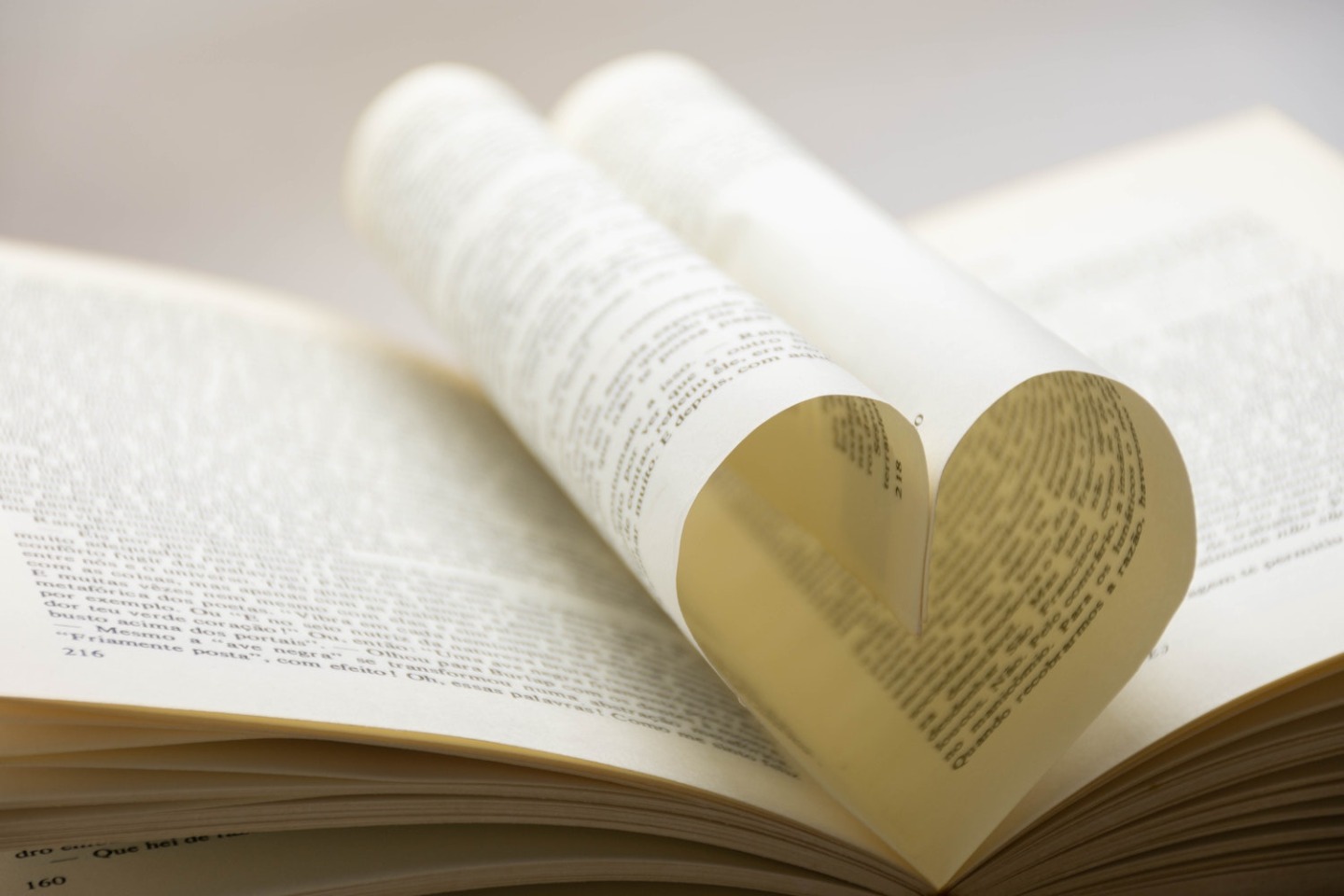
what we talk about when we talk about our favorite books
Maybe for some, it’s not a weighty problem. I’m not sure if I’ve seen any of them. “Favorite” is a fixed word, an insatiable demand. Pick only one? Are you serious? But last year, 17 books were my favorites!
However, the problem with this question is that it doesn’t quite relate to the answer. It’s also about what the answers seem to be saying – the shorthand inherent in talking about books, who read what, and what we get and return from the books we care about most. If someone told you that their favorite book was The Catcher in the Rye, you might draw some conclusions about them. The same goes for someone who named “The Princess Bride” or “Lord of the Rings.” But what if they said “Tales of Time,” “Firebreak,” or “The Summer Prince”? Does the answer matter if you don’t know the book?
Even if my favorite book at the moment is a book I just read last week, if you ask me what my favorite book is, I feel like I should name a book you might recognize. A book you’ve heard about but haven’t actually read. This book has stood the test of time, proving itself through years of reading and admiration as a work that continues to have something to say to its readers. This answer will allow you to put together your assumptions about the book and yours and do some basic math.
I thought this sub-dialogue was hilarious.
If you live in bookish spheres, books often take on aspects and colors and shades long before you read them. This can feel like something of a forbidden topic—like we’re supposed to come to all reading and all books fully open-minded, with no preconceived notions or ideas, blank pages ready to receive. We aren’t supposed to be affected by the marketing or the hype or the thing the author said on Twitter last week.
Can it be read like this? Certainly. When it does happen, it’s pretty magical. But does it happen every time? I suspect not. Perhaps more useful, practical, and helpful is to accept that the world, the internet, the weather, and—most importantly—our own indoor landscapes affect our reading experience. Reading is very subjective. A book that brings tears to my eyes may turn your nose up, and I may not be able to read thick prose that you find compelling. None of us are wrong. Neither of us is right.
We make assumptions. We judge books by their covers. We also judge people by their books by how often a John Waters line goes around. Why ask someone what their favorite book is? Because you want to know something about them, and the answer to this question is illuminating.
But what it reveals can easily go wrong. Which brings me to something that even the internet hasn’t ruined for me: the joy of being wrong.
I love being happily mistaken with people, and I love being happily mistaken with books.
I think the reason we “should” read books with an incredibly pure open mind is that there is so much resistance to the idea of being wrong. But I have been wrong about many books. Confessions of a Fox seemed too dense, with too many footnotes, and now I would absolutely recommend it to anyone on Twitter asking for a recommendation, even kind of appropriate. The book stuck so deep in my heart that I couldn’t get it out. I absolutely resist reading The Golden Compass because everyone who asks me to read it says “I’ve never read fantasy but this is awesome!” As a fantasy reader, I don’t believe people who say they’ve never read fantasy novels.
This book is great.
It’s a skill learned to enjoy making mistakes. This is a kind of joy, but also a kind of education. A person might seem unfriendly, but later find out they were just nervous or having a bad day, or just thinking about something else – and that could be the case with books. I don’t think I’ll enjoy Songs of a New Day because I grew up in the music business and I’m skeptical and critical of books about bands and music. I didn’t expect this book and I would go together.
This book is great.
When one person asks another about their favorite book, the answer isn’t just the title. If the answer is a famous book, a classic, a book that the questioner knows, then they already know something about the person who liked the book—or think they already do. Books have feel, feel, and atmosphere even if we’re not too familiar with what’s in them. A friend of mine said recently that she likes Lolita, but mostly she doesn’t want to say it. One might jump to conclusions about what kind of readers like Lolita. Not everyone likes to make mistakes.
“Maybe for some, it’s not a weighty problem, but for me, picking a favorite book is difficult. “Favorite” seems like an insatiable demand, and how can I possibly choose just one? Last year, I had 17 books that I considered favorites. However, even if I have a favorite book at the moment, if someone asks me what my favorite book is, I feel like I should name a book that they might recognize, a book that has stood the test of time and continues to have something to say to its readers.
Books often take on aspects and colors long before we read them, especially if we live in bookish spheres. We judge books by their covers and make assumptions about people based on the books they read. But the joy of being wrong can be illuminating and educational. It’s okay to have preconceived notions and ideas about books and authors, and it’s okay to be surprised and delighted when those notions are proven wrong.
When someone asks about our favorite book, the answer reveals more than just the title. It gives insight into the person who liked the book and what they value in literature. However, not everyone likes to make mistakes, and some people may be hesitant to admit their favorite book if it is controversial or carries a certain stigma.

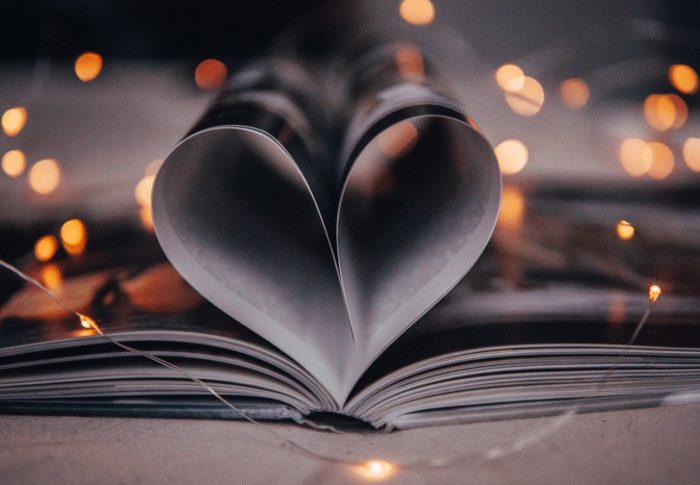
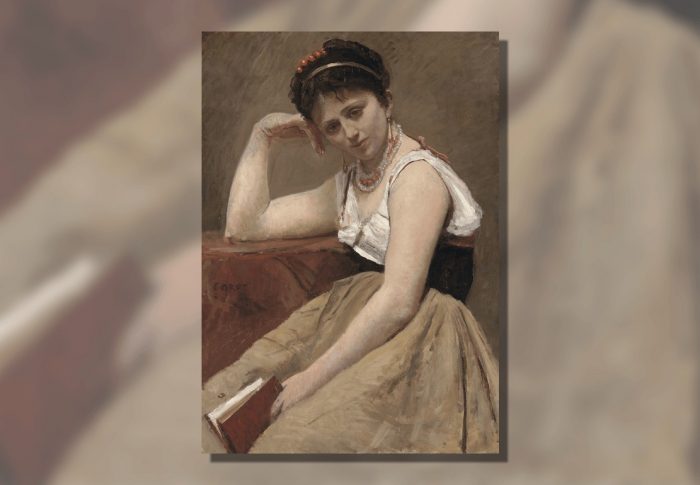
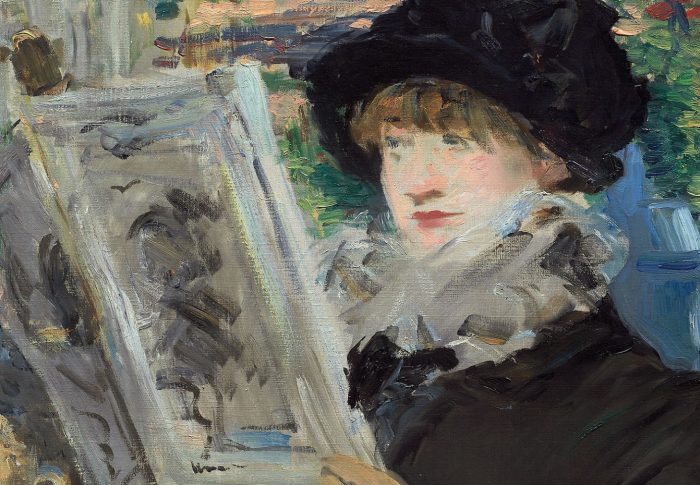

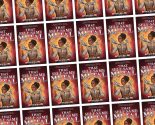
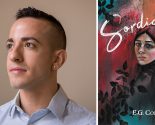
Tagged book lovers, community, finding readers, neglected books, online